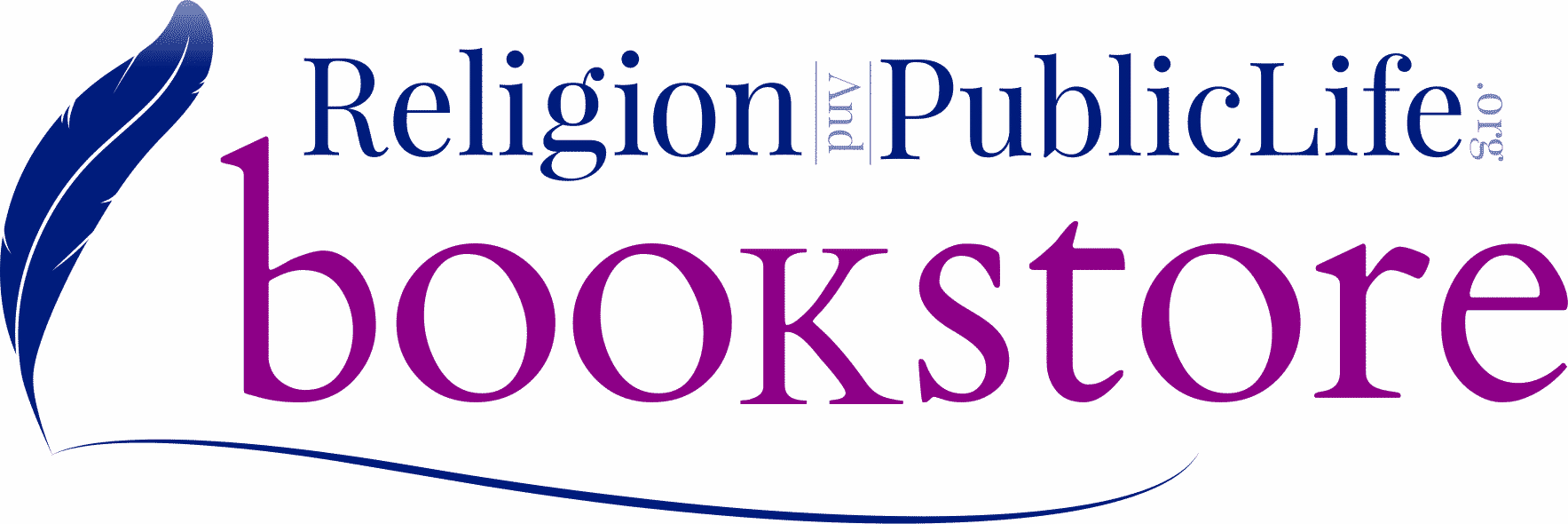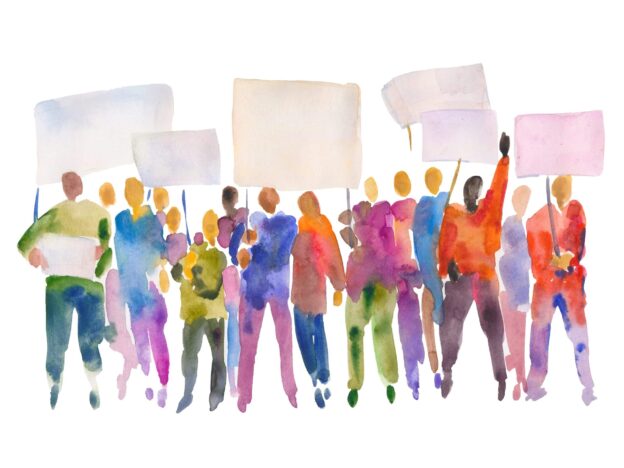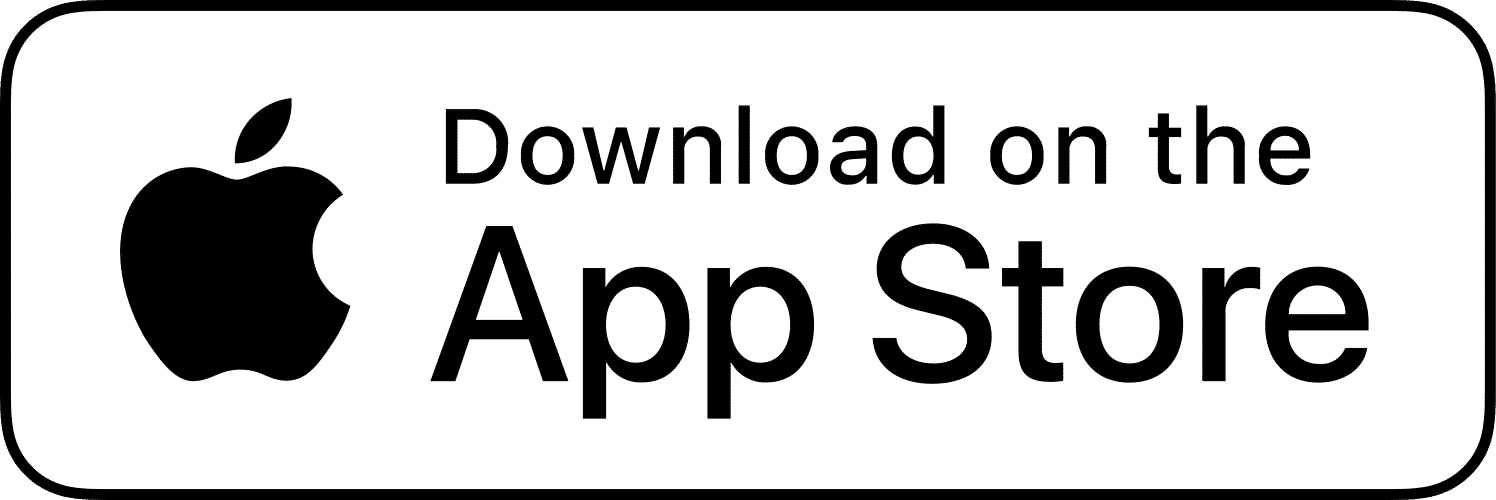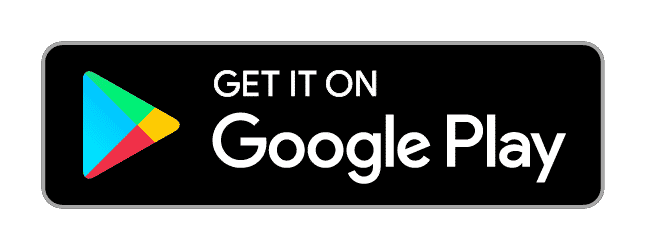Learning Objectives
By successfully completing this course you will:
- Understand the ways anti-oppression language and approaches inform the field of oral history;
- Analyze the ethical approaches used in oral history and the importance of sharing authority;
- Evaluate foundational projects in the field and detail the best practices that will later inform your own methodology; and
- Develop a critical lens for thinking about historical narratives and consider the significance of amplifying historically excluded voices.
Login
Accessing this course requires a login. Please enter your credentials below!





